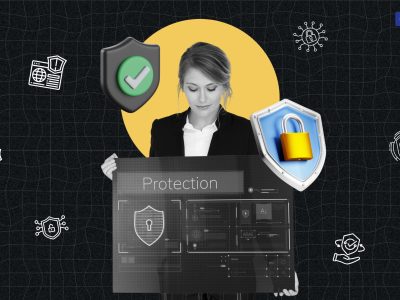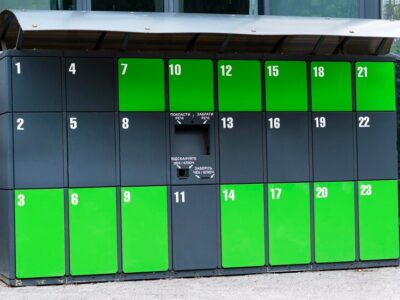Cybersecurity and Cyberwar: What Everyone Needs to Know (With Real Examples)
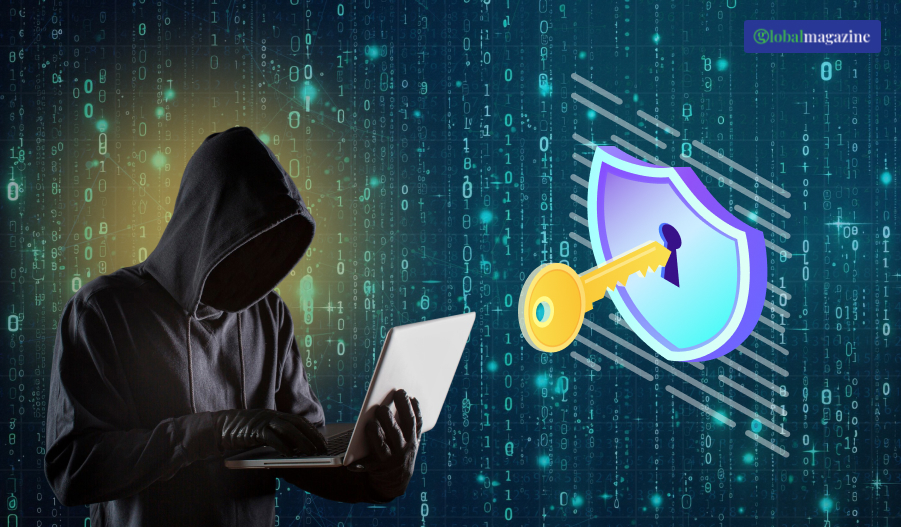
As the world witnesses conflicts in different places, accompanied by the roar of jets and artillery shots pouring through the sky and penetrating civilian establishments, we get concerned for those who live in the attack-prone regions of the world, who are close to the borders.
But do we know that a silent war is unfolding, and it is penetrating our establishments of privacy every day?
This is cyberwarfare being used to cause damage.
We see air defence systems like Akash-NG, S-400, Iron Dome, and others intercepting the missiles and rockets launched at them.
Similarly, various cybersecurity systems and antivirus software constantly fight cyber threats to protect your systems.
A relevant question that people might ask is, “What are Cybersecurity and cyberwar, and how do they affect them?”
What is Cyber War?
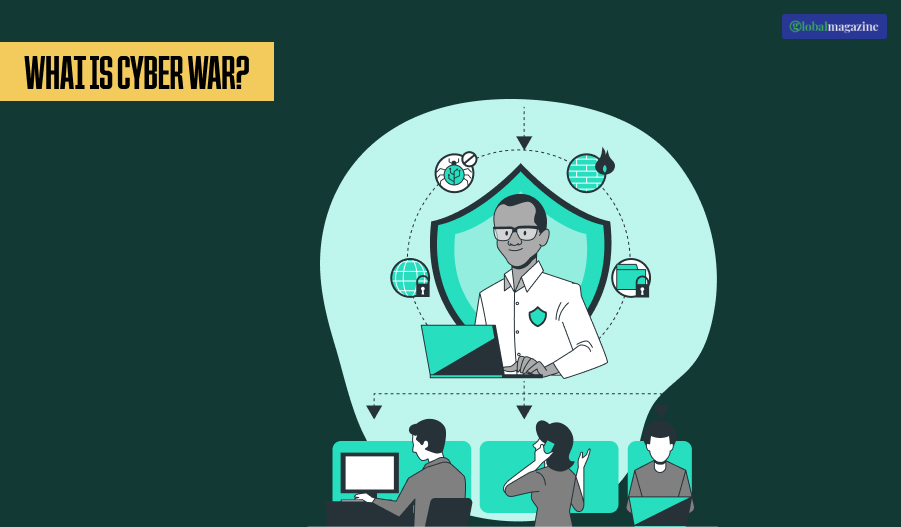
In the real world, real wars are carried out directly by organisations affiliated with different countries’ governments.
Cyber War is carried out silently from the forbidden realms of the Cyber World by unknown people who can not be seen.
Hackers working silently carry out cyber attacks and may target citizens , government bodies , government agencies and other sources.
What Can be Achieved through Cyberattacks?
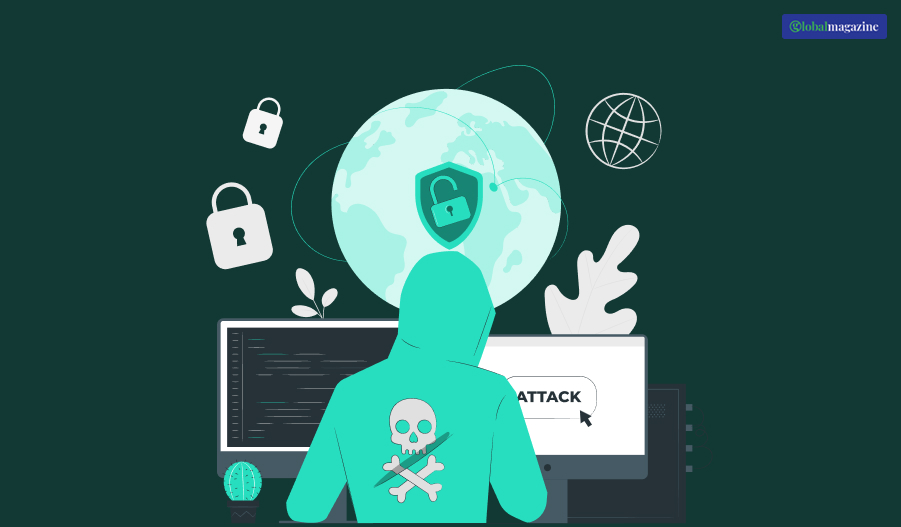
Cyber attacks may cause damage to a nation and its people in different ways.
Information and Propaganda
During hostile situations, the world has witnessed several gangs targeting various official handles and websites.
Several ways allow information theft to occur, including targeting the information of large and relevant entities.
In a cyber war, adversaries can leverage misinformation campaigns.
Misleading people can be a tactical weapon during hostilities. Digital provocations, to monger communal hate, can also be used to provoke unrest within a country.
Targeting relevant sites that are associated with credibility may spark tension.
Data Theft.
Data theft can be one of the leading problems during cyberattacks.
In today’s world, information has become so free-flowing that we often provide information to applications and websites without thinking.
Information theft may occur in several ways, including targeting the information of large and relevant entities.
Stealing crucial and confidential information, such as military, aerospace, and other information, may jeopardize a country’s safety.
In addition, it is common to steal information using malicious applications and websites in today’s era.
The malicious applications and websites may have malware that may take control of your device’s information.
Information collected from the masses may also be used during Cyber Wars; it can be used against the nation and against individuals who fall into the trap.
Popular Examples of Cyberattacks from Recent Times.
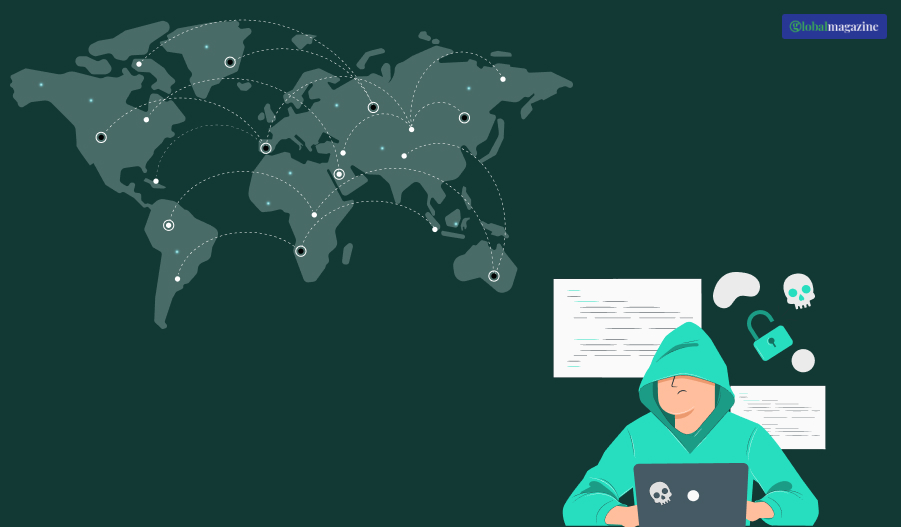
Whenever conflicts happen between two adversaries, there remains a high chance of a Cyber Attack on the citizens amd other government entities, including websites and others.
Cyber War between India and Pakistan.
Amid the recent developments between India and Pakistan, Pakistan carried out several cyberattacks on India.
Pakistani Cyber Attacks on India
Pakistan launched cyberattacks on several government websites, including PSUs and others.
Cyber attackers from Pakistan attacked the Armoured Vehicles Nigam Limited website. (PSU)
Hackers defaced the Armoured Nigam Limited Website and uploaded a Pakistani Flag image along with a Pakistani Tank image on the website.
In several cases, the Cyber Attackers even mocked the victims of the Pahelgam Terror Attacks to provoke people.
The Pakistani hackers also claimed they target the Military Engineering Services (MES), which maintains government infrastructure.
Several groups claimed responsibility for these attacks, including Pakistan Cyber Force, Cyber Group Hoax1337, and National Cyber Crew, among the most active ones.
What did the Indian Hackers do?
Seeing this, several Indian groups also retaliated; the counterattack by India included launching several malicious applications in Pakistan.
Indian hackers targeted relevant people and tricked them into downloading malicious applications.
The malicious applications launched by India tricked people into downloading them. The launch of these apps happened under the guise of dating or messaging applications.
These apps even had the names in the local language and terminologies, such as “Rafaqat,” “Meet me,” “Let’s Chat,” and several others.
Indian hackers gathered relevant information from adversaries during an ongoing conflict between the two nations.
Stuxnet 2010, On Iran by the USA and Israel
Suxtent 2020 is one of the crucial examples of cyberwarfare.
Stuxnet 2010 was an attack allegedly launched by the USA and Israel, which launched a cyber attack on Iran, aimed at sabotaging Iran’s Nuclear Programme.
The Cyber attack targeted Iran’s uranium-enriched centrifuges, which made them malfunction.
Cyber Security
People from various parts of the world conduct these alleged cyber efforts of espionage and other things. Standing on the other end of the spectrum, there are also people to defend these important systems.
Several cybersecurity professionals work day and night to prevent hacking, espionage, and phishing and protect relevant information, which is crucial for national safety.
We can take several measures to prevent threats, including installing Firewalls, which can help build intrusion monitoring systems.
Making sure that the relevant and important systems are off the internet during the cyber war can be useful to ensure that there is no intrusion into the appropriate and important systems.
Different countries ensure that one particular body looks after the governance of cyber affairs to deal with cyber affairs.
An example of a centralised body is India’s National Critical Information Infrastructure Protection Centre (NCIIPC), a National Technical Research Organisation (NITRO) unit.
The main function of NCIIPC is to protect relevant and crucial information from unauthorised access.
Cybersecurity and Cyberwar: Wrapping It Up
No government ever takes responsibility for these kinds of attacks, as they go against International law. However, several governments show their involvement in these attacks.
As the internet becomes democratized, ordinary people often fall victim to cyber warfare due to malware and other applications.
During hostilities, it is important to ensure that people remain vigilant and are aware of the applications they download and the websites they visit.
It is important to understand that blindly permitting random websites and web pages often leads to several problems, including information theft.
In a digital world where everything, including transactions, depends on the internet, any mistake may lead to financial losses that are beyond recovery.























